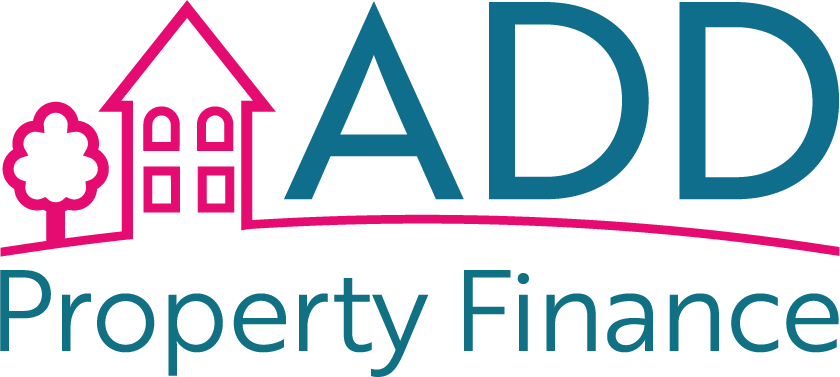Property development is a dynamic and potentially lucrative industry. However, it comes with its fair share of uncertainties and risks. Whether you’re a seasoned property developer or just starting, understanding how to manage and mitigate these risks is crucial for the success of your projects. One powerful tool in your risk management strategy is insurance. In this article, we’ll explore how various insurance policies can help property developers tackle unexpected challenges effectively.
The Unpredictability of Property Development
Property development projects can encounter a range of unexpected challenges, such as:
- Natural Disasters: Events like floods, earthquakes, or storms can cause significant damage to construction sites and delay projects.
- Financial Risks: Budget overruns, funding shortfalls, or economic downturns can strain the financial aspects of a project.
- Legal Issues: Disputes with contractors, neighbours, or local authorities can lead to legal battles that delay progress.
- Construction Delays: Unforeseen construction issues, supply chain disruptions, or labour disputes can cause project delays.
Types of Insurance for Property Developers
To address these challenges effectively, property developers can consider various types of insurance:
- Builders Risk Insurance: This policy covers property under construction, protecting against damage or loss from events like fire, theft, vandalism, and natural disasters.
- Contractor’s All Risk Insurance: Often used in larger projects, this policy extends builders risk coverage to include liability for third-party injuries and property damage.
- Delay in Start-Up (DSU) Insurance: DSU insurance compensates for financial losses caused by project delays, such as additional interest on loans or lost rental income.
- Professional Indemnity Insurance: Essential for architects, engineers, and design professionals, this policy covers claims arising from professional errors or negligence.
- Public Liability Insurance: Protects against legal claims from third parties for personal injury or property damage that occurs on your construction site.
- Legal Expenses Insurance: Covers legal costs for disputes, including contract disagreements, planning permission issues, or tenant disputes.
- Environmental Liability Insurance: Useful for projects that involve potentially contaminating activities, this policy covers costs related to pollution clean-up and damage claims.
The Benefits of Property Developer Insurance
- Financial Security: Insurance provides financial support when unforeseen events occur, preventing projects from being derailed by unexpected expenses.
- Risk Mitigation: By transferring certain risks to an insurer, property developers can concentrate on project management rather than worrying about potential setbacks.
- Contractual Requirements: Many project contracts and lenders require specific insurance coverage to protect all parties involved.
- Enhanced Reputation: Insurance demonstrates your commitment to managing risks professionally, enhancing your reputation in the industry.
Choosing the Right Insurance
Selecting the right insurance policies depends on your project’s size, scope, and location. Work closely with insurance professionals who specialize in construction and property development to tailor coverage to your specific needs.
In Conclusion
Property development is a rewarding yet challenging industry. Managing unexpected challenges is a part of the business, and insurance can be a powerful ally in this regard. By carefully assessing your project’s risks and selecting the appropriate insurance coverage, you can protect your investments, your reputation, and your peace of mind. Remember that each project may have unique requirements, so consult with insurance experts to ensure you’re adequately protected.







